 Exciting online training events for researchers on Wednesday.
Exciting online training events for researchers on Wednesday.
Places still available. Please book now!
| Wednesday 24th March 09:00 – 11:00
Dealing with Rejection Professor Edwin van Teijlingen will share some practical hints and tips on how to constructively and effectively deal with a journal rejection. To book, email OD@bournemouth.ac.uk |
| Wednesday 24th March 12:00 – 13:00
AHRC Research, Development and Engagement Fellowships Information Session This is the theme for this week’s Funding Development Briefing. Contact ResearchDev@bournemouth.ac.uk to book. |
| Wednesday 24th March 15:00 – 16:00
Early Career Researchers Network Meeting The theme of this month’s network briefing is BU’s Strategic Investment Areas, and how Early Career Researchers can get involved. To book, email OD@bournemouth.ac.uk |
You can see all the Organisational Development and Research Knowledge Development Framework (RKEDF) events in one place on the handy calendar of events.
If you have any queries, please get in touch!


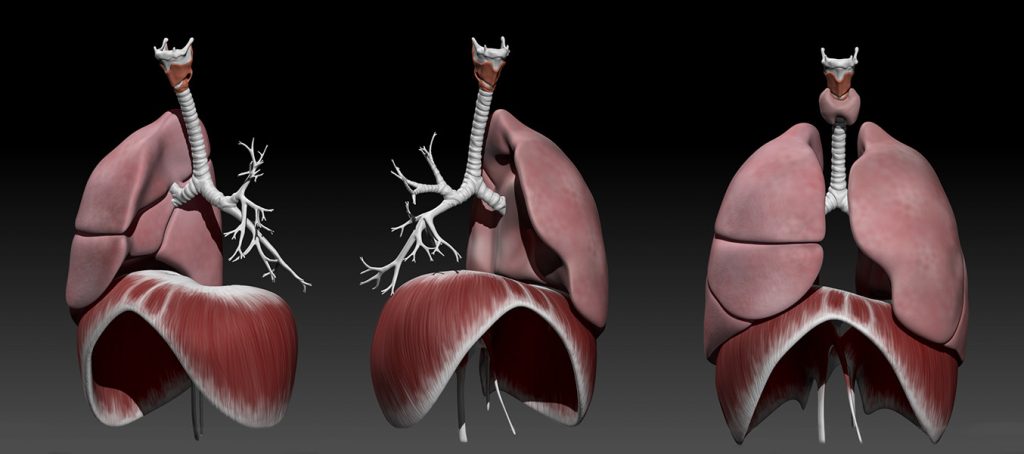
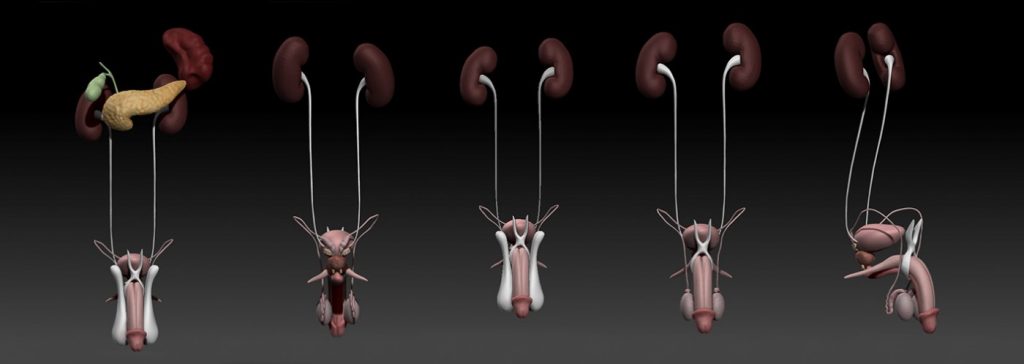
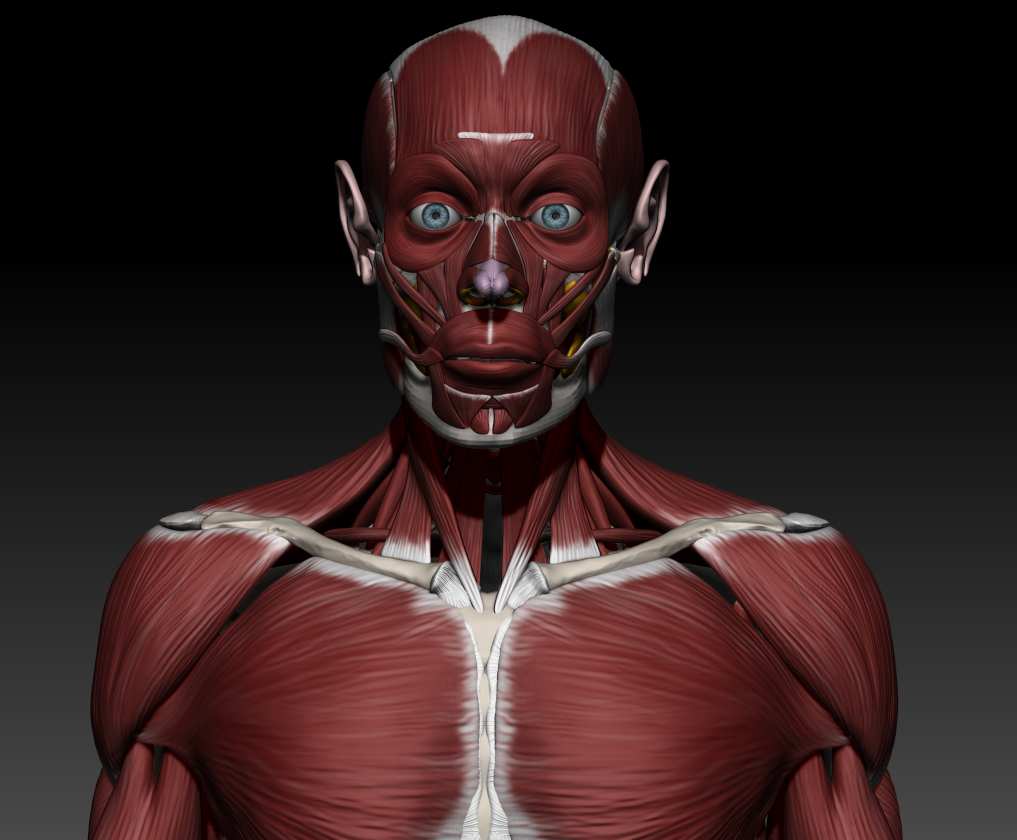
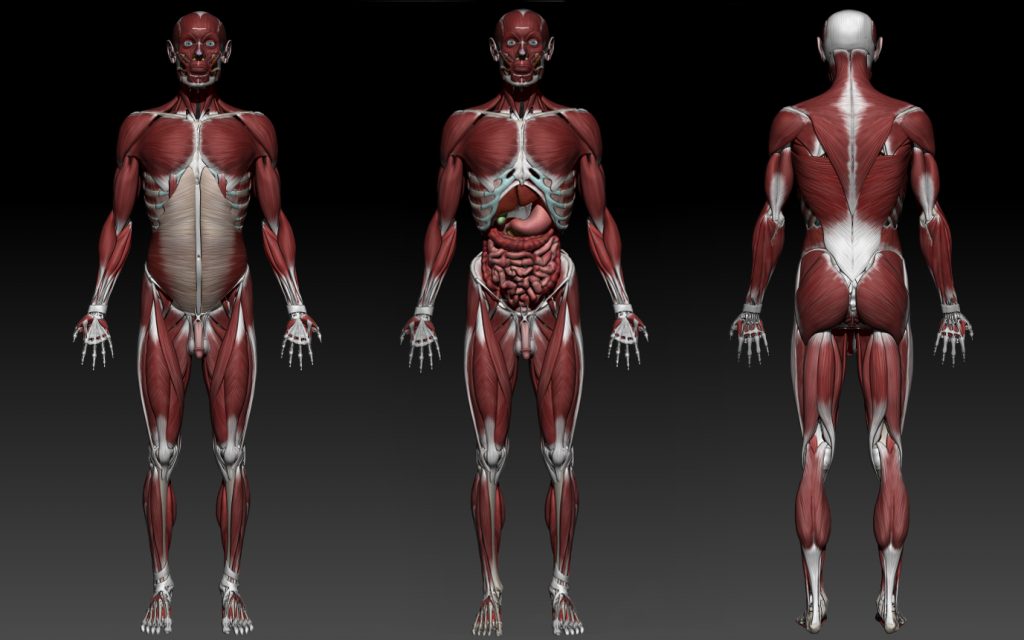
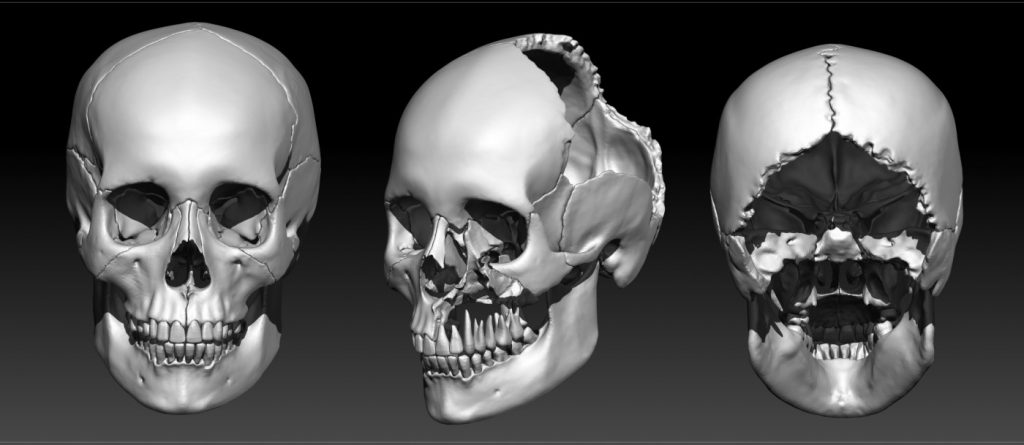
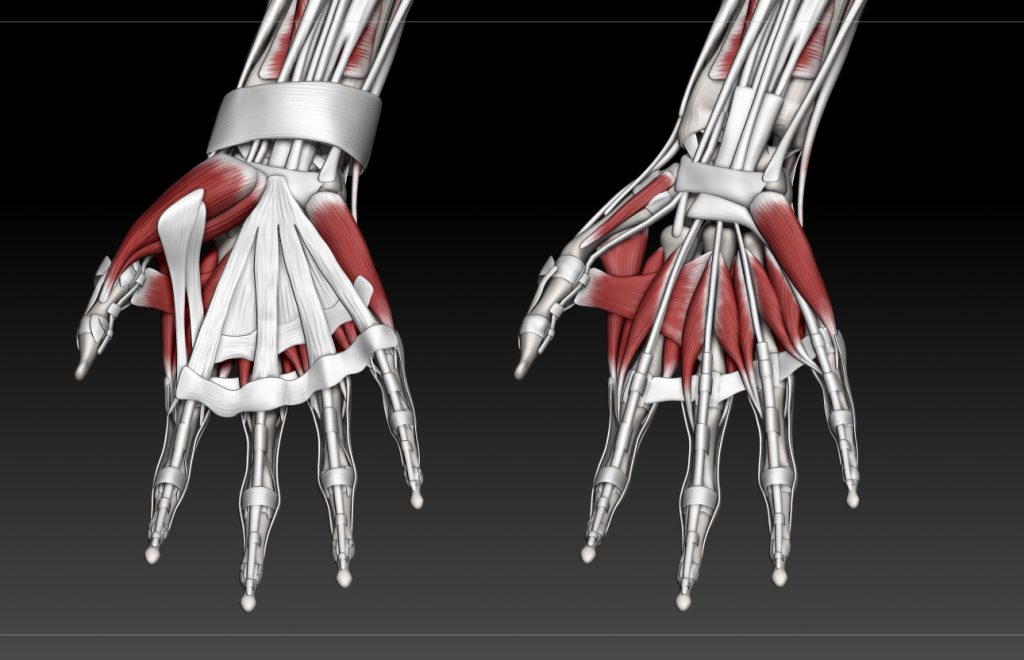
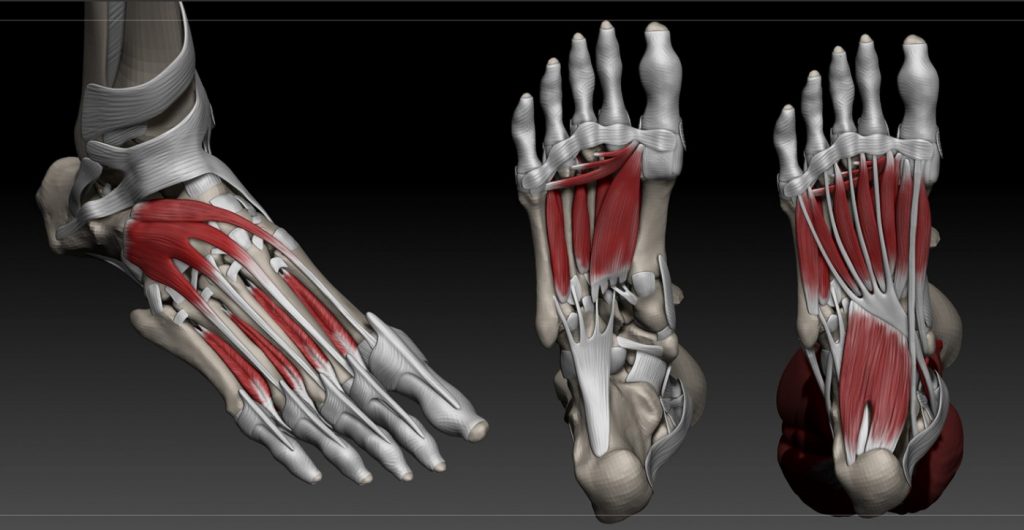
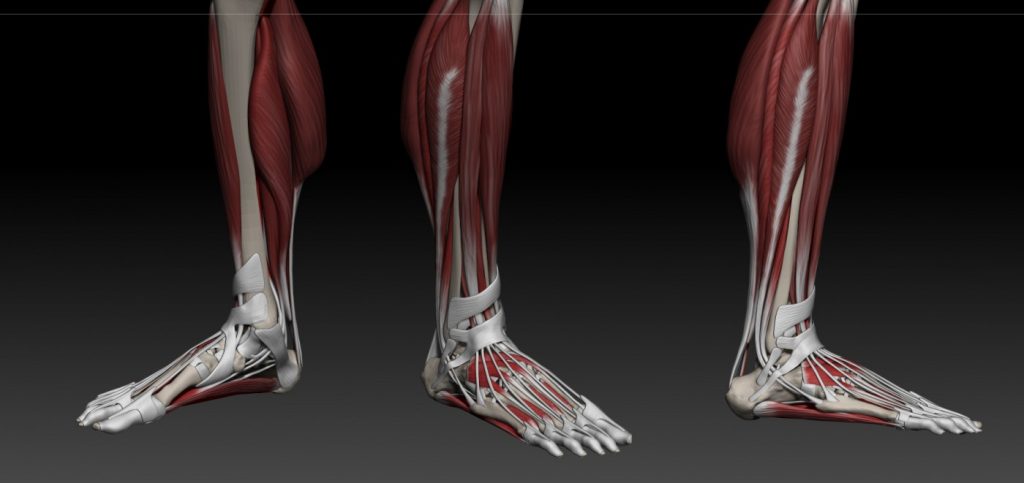
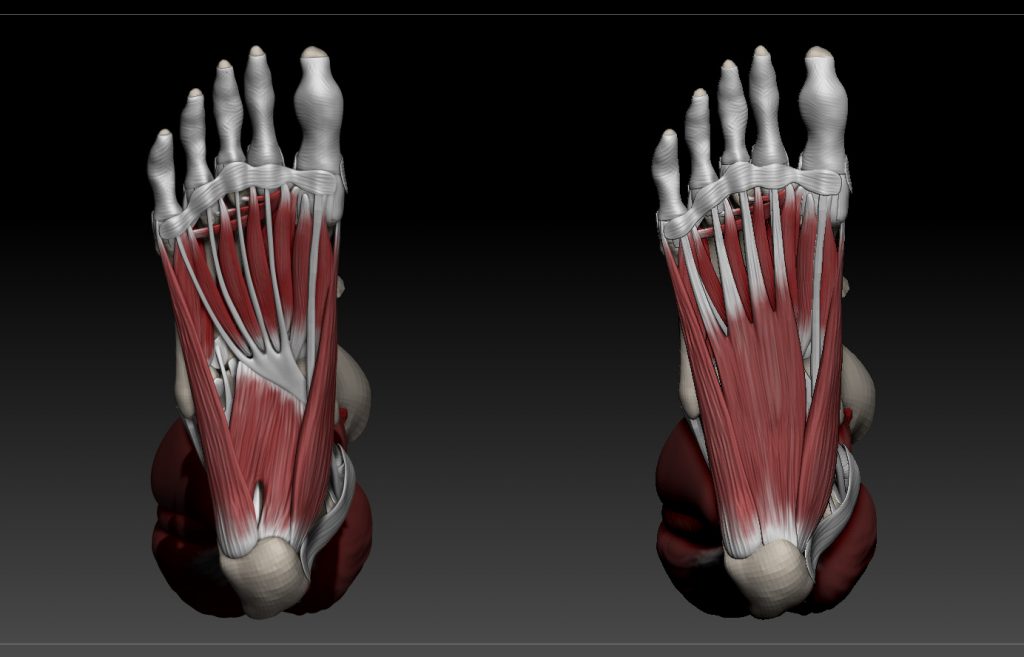
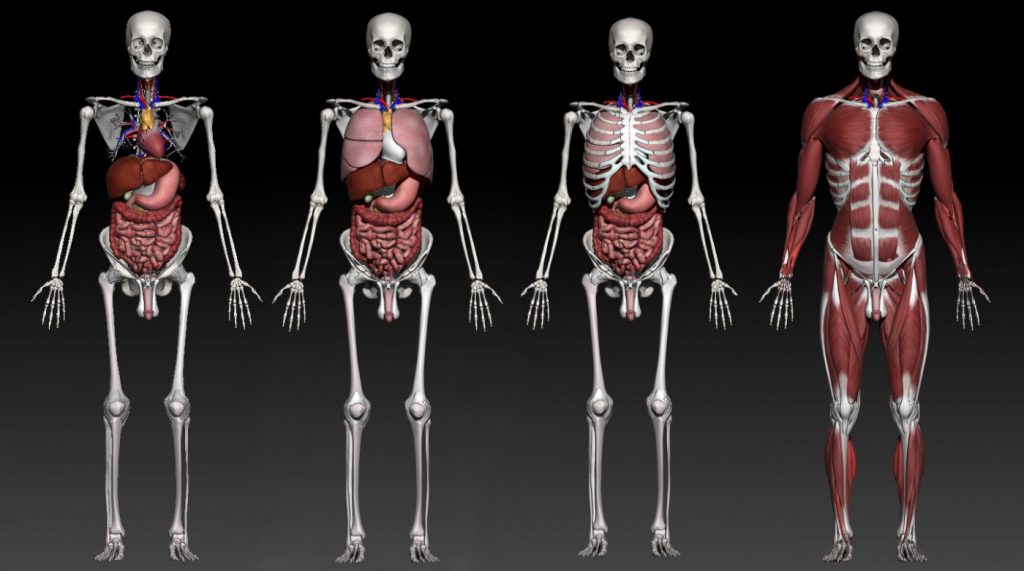

 The Science, Health, and Data Communications Research Group will be conducting a series of workshops to start off the new year, designed to help Bournemouth researchers form new networks and collaborative projects around educating and communicating research to the public.
The Science, Health, and Data Communications Research Group will be conducting a series of workshops to start off the new year, designed to help Bournemouth researchers form new networks and collaborative projects around educating and communicating research to the public..jpg) LITTLE EVENT 2021
LITTLE EVENT 2021 Wednesday 2nd December 10:00 – 12:00
Wednesday 2nd December 10:00 – 12:00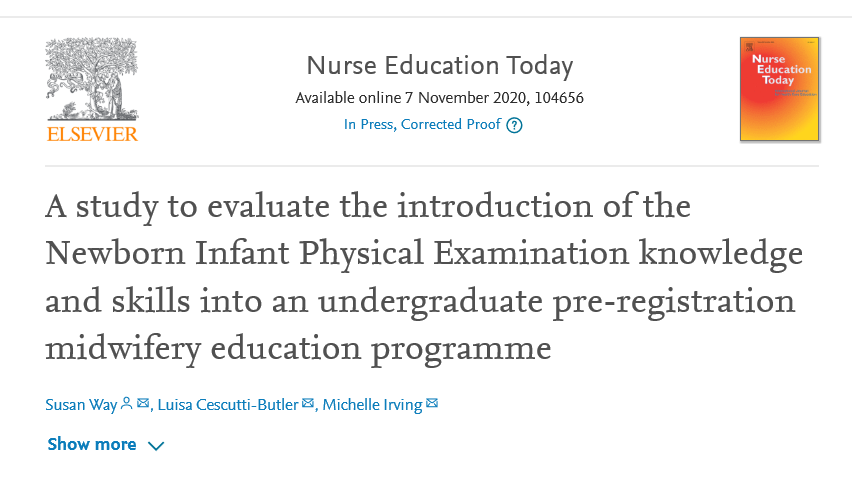


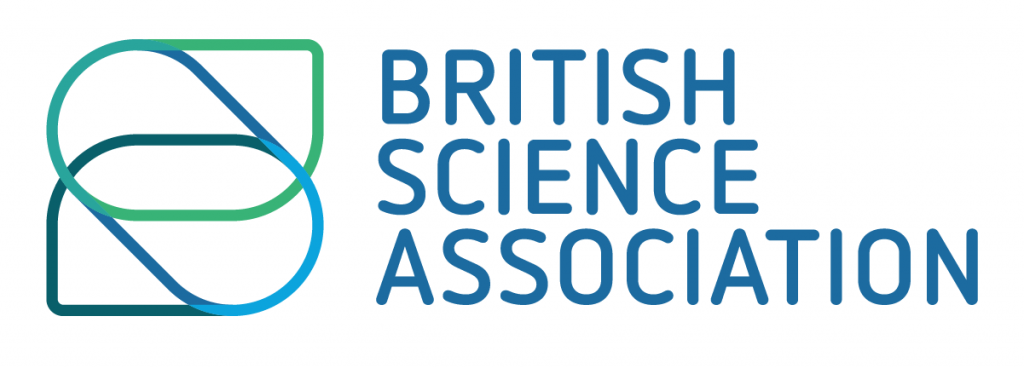











 Beyond Academia: Exploring Career Options for Early Career Researchers – Online Workshop
Beyond Academia: Exploring Career Options for Early Career Researchers – Online Workshop UKCGE Recognised Research Supervision Programme: Deadline Approaching
UKCGE Recognised Research Supervision Programme: Deadline Approaching SPROUT: From Sustainable Research to Sustainable Research Lives
SPROUT: From Sustainable Research to Sustainable Research Lives BRIAN upgrade and new look
BRIAN upgrade and new look Seeing the fruits of your labour in Bangladesh
Seeing the fruits of your labour in Bangladesh ECR Funding Open Call: Research Culture & Community Grant – Apply now
ECR Funding Open Call: Research Culture & Community Grant – Apply now ECR Funding Open Call: Research Culture & Community Grant – Application Deadline Friday 12 December
ECR Funding Open Call: Research Culture & Community Grant – Application Deadline Friday 12 December MSCA Postdoctoral Fellowships 2025 Call
MSCA Postdoctoral Fellowships 2025 Call ERC Advanced Grant 2025 Webinar
ERC Advanced Grant 2025 Webinar Update on UKRO services
Update on UKRO services European research project exploring use of ‘virtual twins’ to better manage metabolic associated fatty liver disease
European research project exploring use of ‘virtual twins’ to better manage metabolic associated fatty liver disease